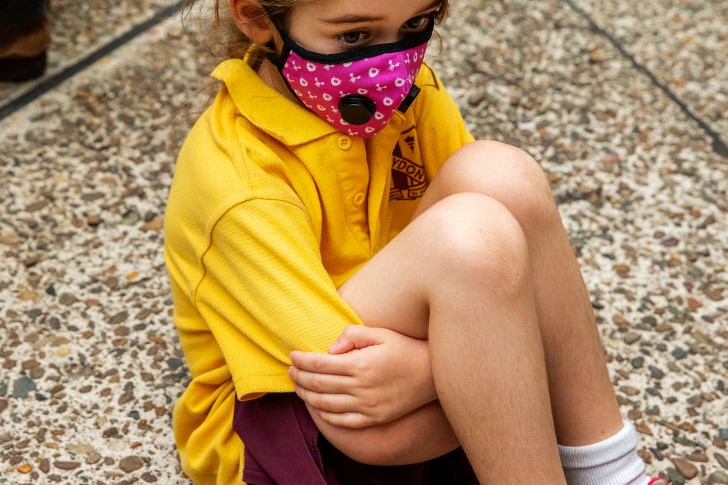Signs your child may be anxious about the bushfires — Psychology with Sabina

With Melbourne blanketed in smoke, and media coverage of the fires burning across the country, most children are aware of the bushfire crisis and many are concerned.
But psychologist Sabina Read says some of the signs that children are worried are easy to miss.
“I think often we would overlook some of these behaviours and think that they’re unrelated to fear, or anxiety, or concern around the fires,” she told 3AW’s Dee Dee.
“Sometimes a child’s problematic behaviour is not what we typically look for.”
Often overlooked signs that your child is worried:
- Regression: A child’s behaviour goes back to their younger years
- Bed-wetting in younger children
- Insecure attachment with their caregivers: Children may not want to leave, don’t want to go to school or don’t want to sleep
- Anger
Sabina Read says it’s important to talk to your kids about the fires to help quell unfounded fears, but listening is even more vital.
“I think we want to explain things to our children, but we need to make sense of what their understanding is before we launch in with our understanding of what’s happening,” she said.
How to help children come to terms with the bushfires:
- Talk to your child about what’s happening, and listen to what they have to say.
- Reassurance: “We need to let them know that they’re safe, that they’re loved”.
- Monitor their media exposure: “You can discuss current affairs and important world events with your children in age-appropriate ways without them being exposed to the visuals that the news gives us”.
- Look after your own wellbeing: “Our children mirror us and if we are feeling really fearful we don’t need to say those words, they pick up on that energy”.
Press PLAY below for Sabina’s full segment.
Image: Jenny Evans / Stringer















